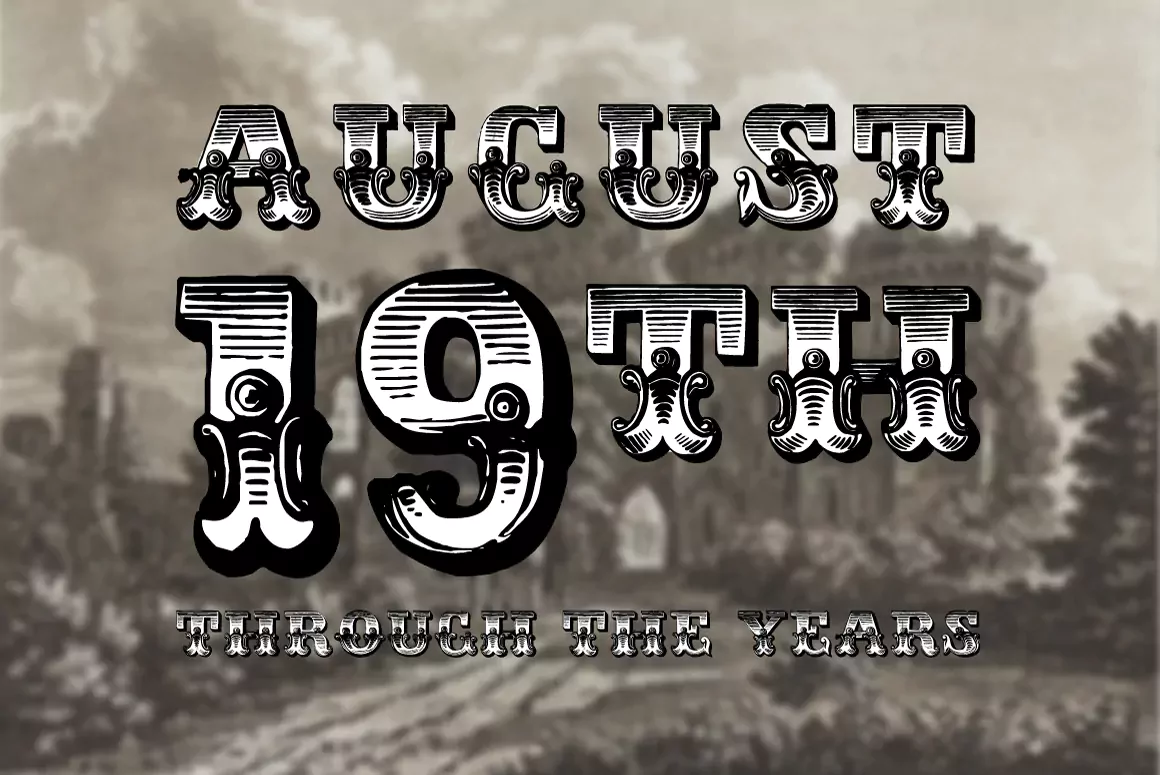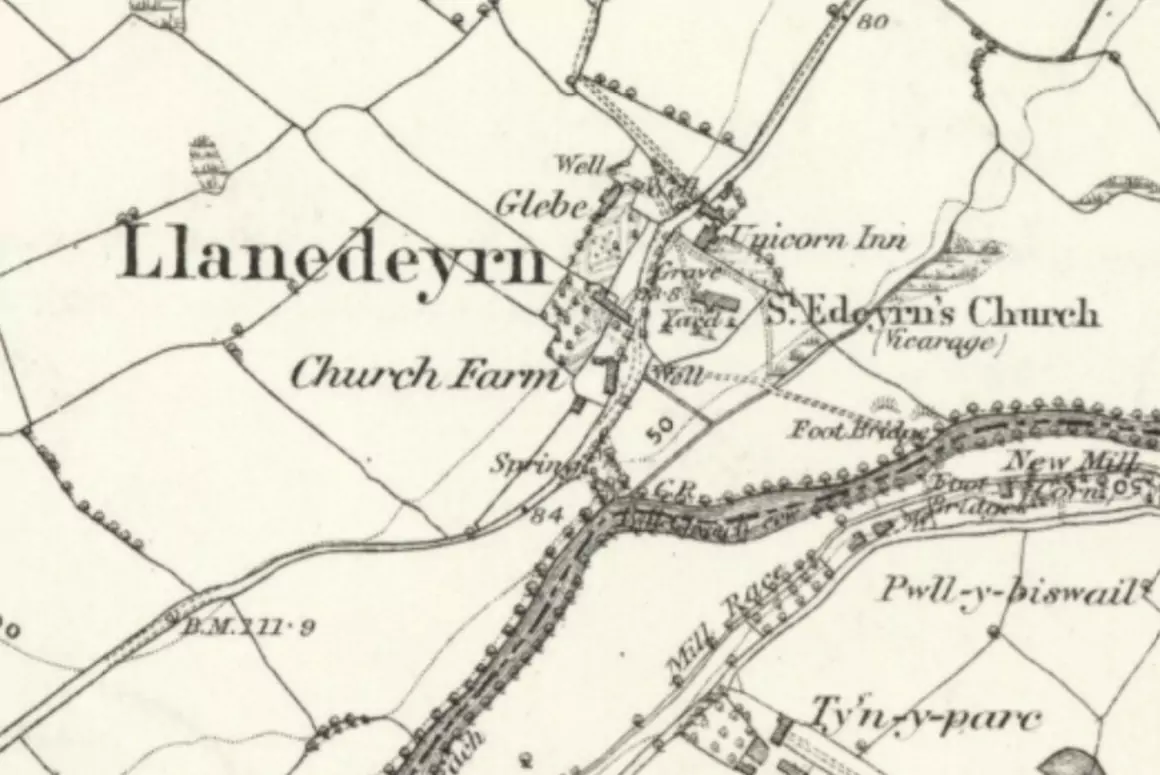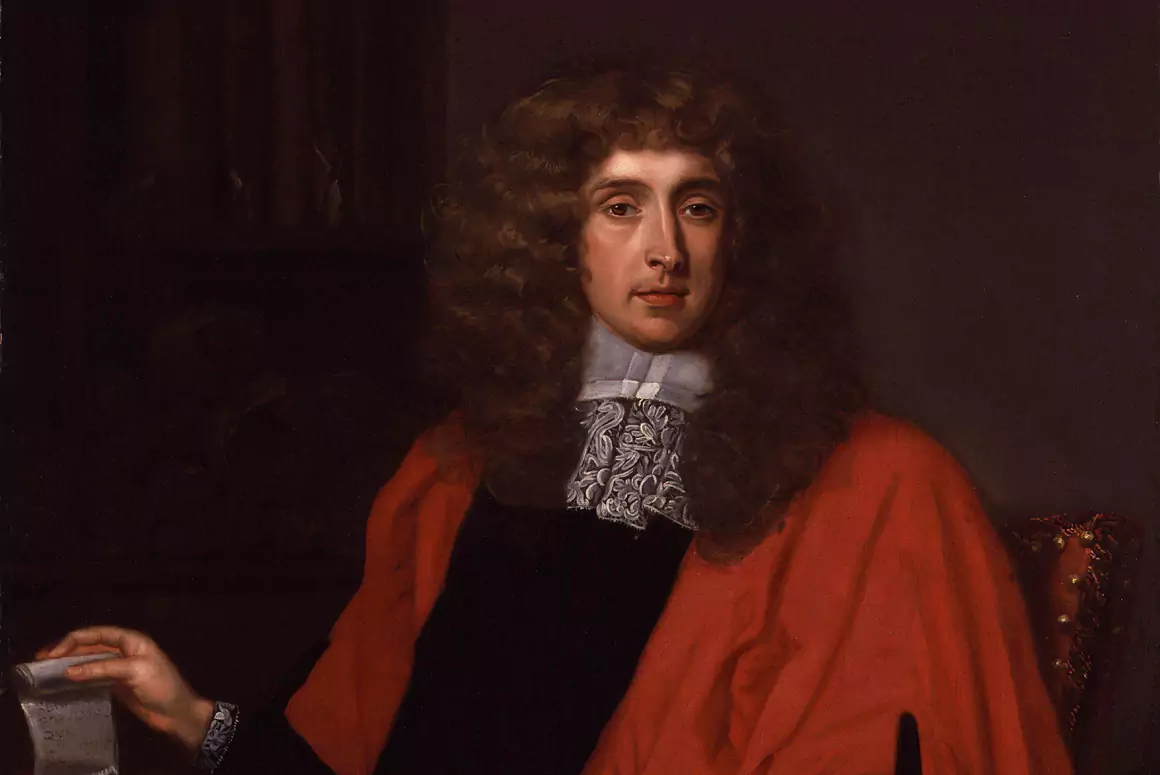![]()
In Llanelly (Llanelli) excitement knew no bounds. Charlie Chaplin was appearing in a ‘screaming burlesque on Carmen.’ We are invited to ‘Go and lighten life’s dull cares and see if you can keep a serious face. Charlie’s equipment alone is enough to convulse anyone.’ To be honest, I don’t think I am in a position to offer an opinion. Anyway, we are then invited to ‘Kum-An-Laff.’ Oh dear. Crimes like this against common decency are unforgiveable.
In fact, Carmen seems to be a bit of a theme. Later in the week they were showing a great epic drama of the Frozen North, Carmen of the Klondyke, starring Clara Williams, ‘which has all the surge and force of life on the edge of the world.’ Apparently, it featured ‘one of the most remarkable fights ever filmed – two men in a sea of mud struggle hand-to-hand like bronze gladiators.’ There is only so much excitement a body can stand.
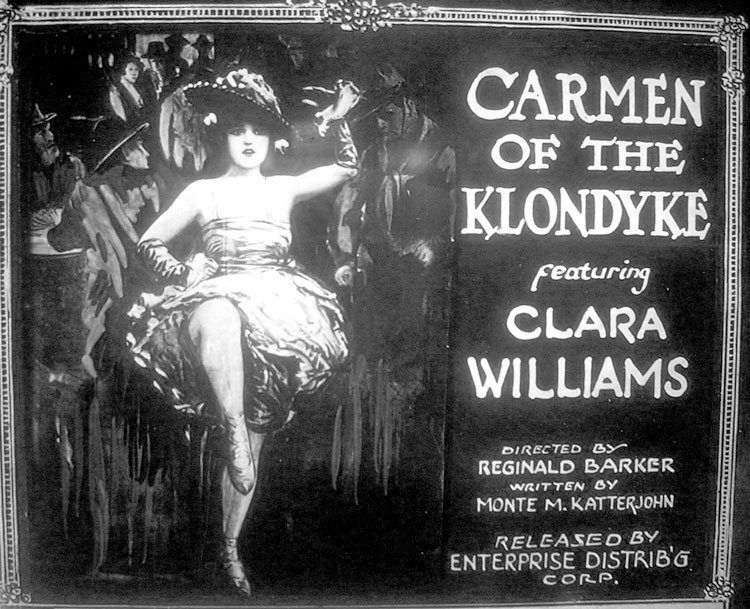
Things were a little more measured in Bangor in North Wales. The County Theatre in Dean Street offered Lead Kindly Light, described as a ‘beautiful picturization of Cardinal Newman’s favourite hymn, which still appears to be awaiting a sequel.
In Barry, however, they liked their entertainment a little more edgy. They thrilled in May at Romilly Hall on Broad Street to a double bill that teamed Marguerite Fisher in The Primitive Woman with The Great Imposter. It gives you some indication of the nature of the times that Marguerite’s real name was Margarita Fischer but she changed it to avoid anti-German sentiment after the war. In some respects therefore, Marguerite Fisher was indeed, The Great Imposter
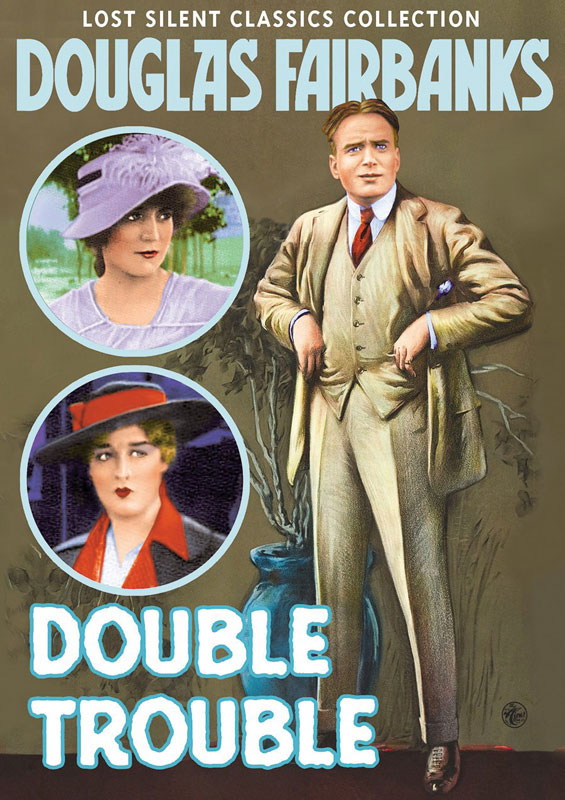
I found this next bit quite touching, really. The papers don’t always say that there will be a film starring Douglas Fairbanks. Instead, as they do in this example from Milford Haven, they ‘call our readers’ attention to the fact that Douglas Fairbanks will visit the Palace for three days only, commencing on Monday next. That is much more exciting. Obviously, you will recall what Douglas always used to say in his reflective moments; ‘Never trouble trouble, till trouble troubles you,’ but don’t miss Double Trouble. You’ll rue it if you do.’ The good people of Milford were also looking forward to The Acrobat of Death, the most sensational film in the world, ‘exclusively secured at an enormous figure for three days,’ a film which, I am afraid to say, appears to have disappeared without trace. All I know is that the film ‘is one long succession of thrills-real thrills-that leave the spectator breathless… the acting of every one of the characters is excellent. Even the big white cat who carries the lifeline up the tall chimney for the rescue of Samsonia, the acrobat, has been beautifully trained.’ I bet you are sorry you have missed it. I would have liked to have seen the cat.
Elsewhere, A Man’s Law was this month’s the star picture. This ‘beautiful dramagraph of human passion and self-will is one of the finest ever issued. Patrons will delight in its heart-throbbing thrills for which it has never been excelled.’ It is the sort of film that has always gone down a storm in Mountain Ash, they say.
All attention in the Amman Valley, quite naturally, was focused on the imminent screening of Mary Pickford in M’Liss when ‘record- breaking crowds may be looked for.’ They have always loved a western in Ammanford. ‘While the story, which contains a murder and the subsequent rescue from a mob of lynchers, of an innocent man accused of the crime, is dramatic, its treatment is so different from ordinary pictures of the West that it will prove a pleasant surprise to all who see it.’

Not everything was romantic escapism, though. In Swansea they could not get away from the war. The feature at the Elysium, in seven reels, was Kaiser’s Finish. We are assured that ‘it was sure to attract crowds… Throughout, the story of the last days of the Kaiser’s life is interwoven numerous stirring scenes of actual warfare. Actual combats between Allied and enemy aeroplanes photographed from observation machines – and Hun flyers plunging down thousands of feet to their death, their engines flaming shafts of fire from Allied machine-gun bullets. There are also several other very beautiful and interesting photo-plays.’
This was, in fact, an American film with a complex plot, in which an illegitimate son of the Kaiser, planted as a sleeper agent in America, returns to Germany and kills the Kaiser and himself. It did use authentic action footage from the war but the plot is preposterous. How many of the Swansea audience believed this was a historically accurate portrayal is unclear, though once you begin to speculate, it does become troubling. All copies of this film have been lost and perhaps we shouldn’t be too disappointed.
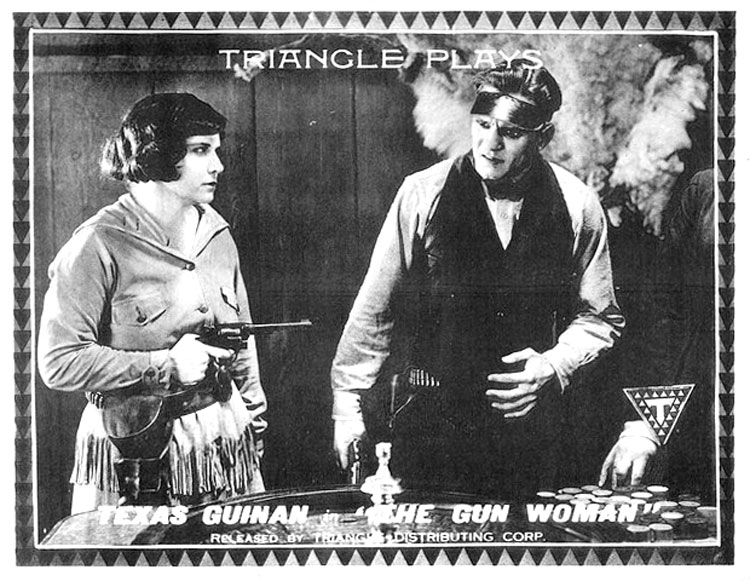
In Tonypandy, meanwhile, they continued, as they always do, to seek their pleasures far and wide. The Shepherd of the Southern Cross was an entrancing look at Australian Bush life, including a sheep shearing scene, and a dust storm with disastrous consequences. Later in the week the audience could see the great dramatic star actress, Texas Quinan, as The Gun Woman, who would display ‘primitive passion powerfully on the screen in five reels. A tense and vivid story of a strong woman.’ Quinan, real name Mary ran speakeasy clubs during Prohibition and was arrested, though later acquitted. She greeted customers with ‘Hello Sucker! Come on in and leave your wallet on the bar.’ Just thought you’d like to know.



